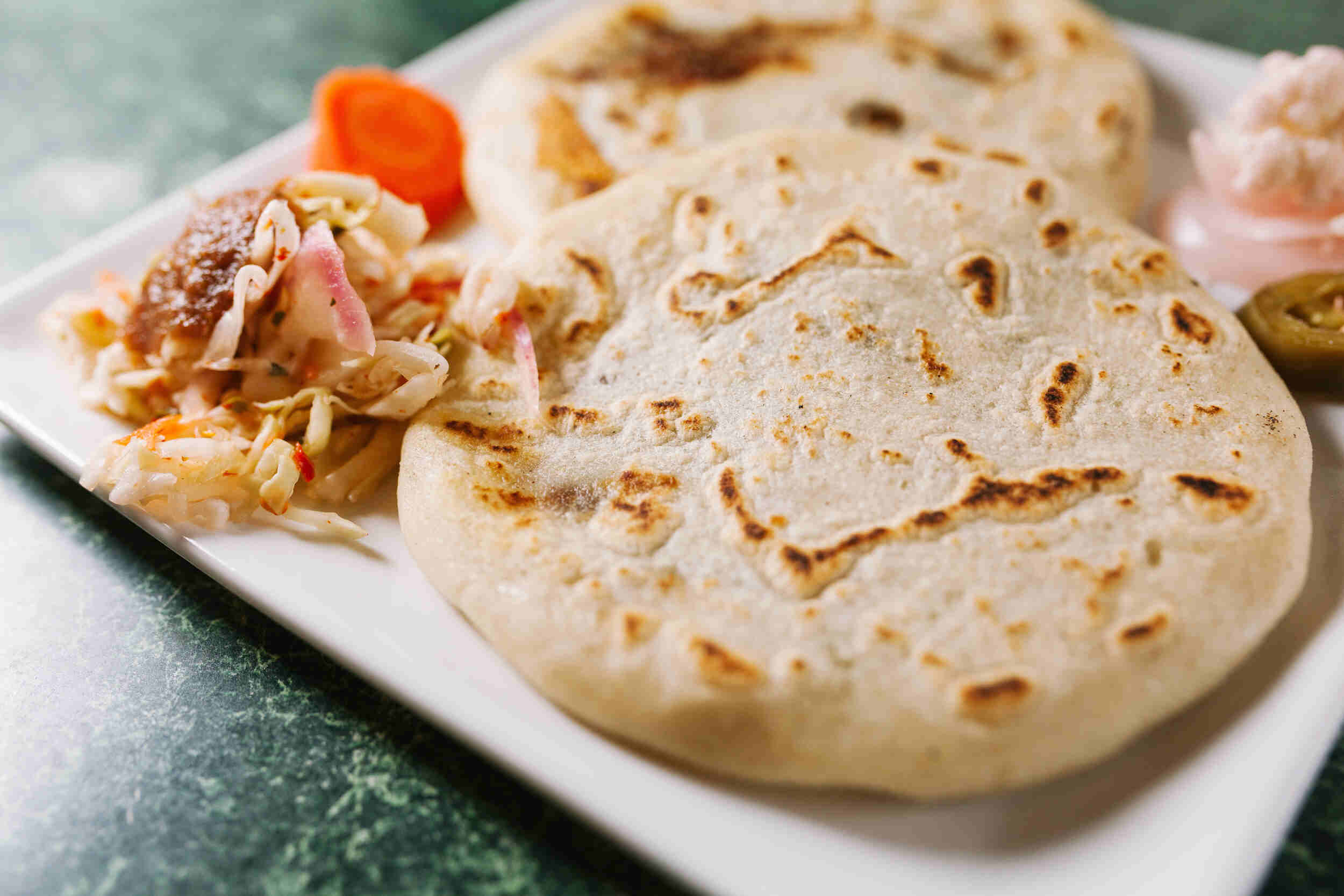
Ever wondered why mangoes are often dubbed as the king of fruits? Well, it's not just because of their irresistible sweetness or the tropical bliss they embody in every bite. Mangoes pack a punch of nutritional benefits that might just surprise you. From aiding digestion to boosting immunity, these juicy delights are a powerhouse of health. But hey, don't just take my word for it; let's peel back the layers (pun intended) and dive into the juicy world of mangoes. With every slice, you're not just indulging in a treat for your taste buds but also fueling your body with essential vitamins and minerals. Ready to get a taste of what makes mangoes a must-have in your diet? Let's get to the core of these 13 nutritional facts that make mangoes a true gem in the fruit world.
Key Takeaways:
- Masa Harina is a nutritious flour made from corn, rich in fiber, minerals, and vitamins. It supports heart health, aids in weight management, and stabilizes blood sugar, making it a versatile and healthy ingredient for many recipes.
- Compared to white flour, Masa Harina is a nutrient-rich and gluten-free alternative, offering higher fiber and mineral content. It also holds cultural significance in Latin American cuisine, making it a healthier and culturally meaningful choice.
What is Masa Harina?
Masa Harina, a staple in Latin American cuisine, is a fine flour made from dried corn kernels that have been soaked in a lime or wood ash solution. This process, known as nixtamalization, not only enhances the nutritional value of the corn but also gives Masa Harina its distinctive flavor, making it an essential ingredient for dishes like tortillas, tamales, and arepas.
Nutritional Benefits of Masa Harina
-
High in Fiber: Masa Harina is a good source of dietary fiber, which aids in digestion and can help prevent constipation. Fiber also plays a role in regulating blood sugar levels and maintaining a healthy weight.
-
Rich in Minerals: This flour is packed with essential minerals, including iron, zinc, magnesium, and phosphorus. These contribute to bone health, energy production, and overall cellular function.
-
Contains Vitamins: Masa Harina provides B vitamins, particularly niacin (B3), which is crucial for converting food into energy. It also contains folate (B9), important for DNA synthesis and repair.
-
Low in Fat: With a low-fat content, Masa Harina can be a healthier alternative to other flours for individuals monitoring their fat intake.
-
Gluten-Free: For those with celiac disease or gluten sensitivity, Masa Harina is a gluten-free flour option, making it a versatile ingredient in various recipes.
How Masa Harina Supports a Balanced Diet
-
Promotes Heart Health: The fiber in Masa Harina can help lower cholesterol levels, reducing the risk of heart disease. Its magnesium content also supports heart muscle function.
-
Aids in Weight Management: High-fiber foods like Masa Harina can make you feel fuller longer, helping to control appetite and support weight loss efforts.
-
Stabilizes Blood Sugar: The complex carbohydrates in Masa Harina are digested more slowly than simple sugars, leading to a more gradual rise in blood sugar levels. This can be particularly beneficial for individuals with diabetes.
Unique Features of Masa Harina
-
Nixtamalization Benefits: The process of nixtamalization increases the bioavailability of niacin and improves the protein quality of the corn, making nutrients more accessible for the body to absorb.
-
Versatility in Cooking: Beyond tortillas and tamales, Masa Harina can be used in soups, as a thickener, or even in desserts, showcasing its culinary flexibility.
-
Cultural Significance: Masa Harina holds a deep cultural significance in Latin American countries, being a part of traditional dishes passed down through generations.
Comparing Masa Harina to Other Flours
-
Nutrient-Rich Alternative: Compared to white flour, Masa Harina offers more nutritional benefits, including higher fiber and mineral content, making it a healthier choice for many recipes.
-
Gluten-Free Advantage: Unlike wheat flour, Masa Harina is naturally gluten-free, providing a safe and nutritious option for those avoiding gluten in their diet.
A Final Nibble on Nutritional Wisdom
Diving into the world of massive health benefits from superfoods isn't just trendy; it's a game-changer for your well-being. Chia seeds, quinoa, and kale aren't just buzzwords; they're power-packed allies in your quest for a healthier life. Each brings its unique set of nutrients to the table, from omega-3 fatty acids in chia seeds to complete proteins in quinoa and vitamins galore in kale. Embracing these superfoods means you're not just eating; you're fueling your body with what it needs to thrive. Remember, integrating them into your diet isn't a Herculean task. A sprinkle here, a scoop there, and you're on your way to reaping their massive health benefits. So, why wait? Let's make these nutritional powerhouses a staple in our meals and march towards a healthier tomorrow.
Frequently Asked Questions
Was this page helpful?
Our commitment to delivering trustworthy and engaging content is at the heart of what we do. Each fact on our site is contributed by real users like you, bringing a wealth of diverse insights and information. To ensure the highest standards of accuracy and reliability, our dedicated editors meticulously review each submission. This process guarantees that the facts we share are not only fascinating but also credible. Trust in our commitment to quality and authenticity as you explore and learn with us.


